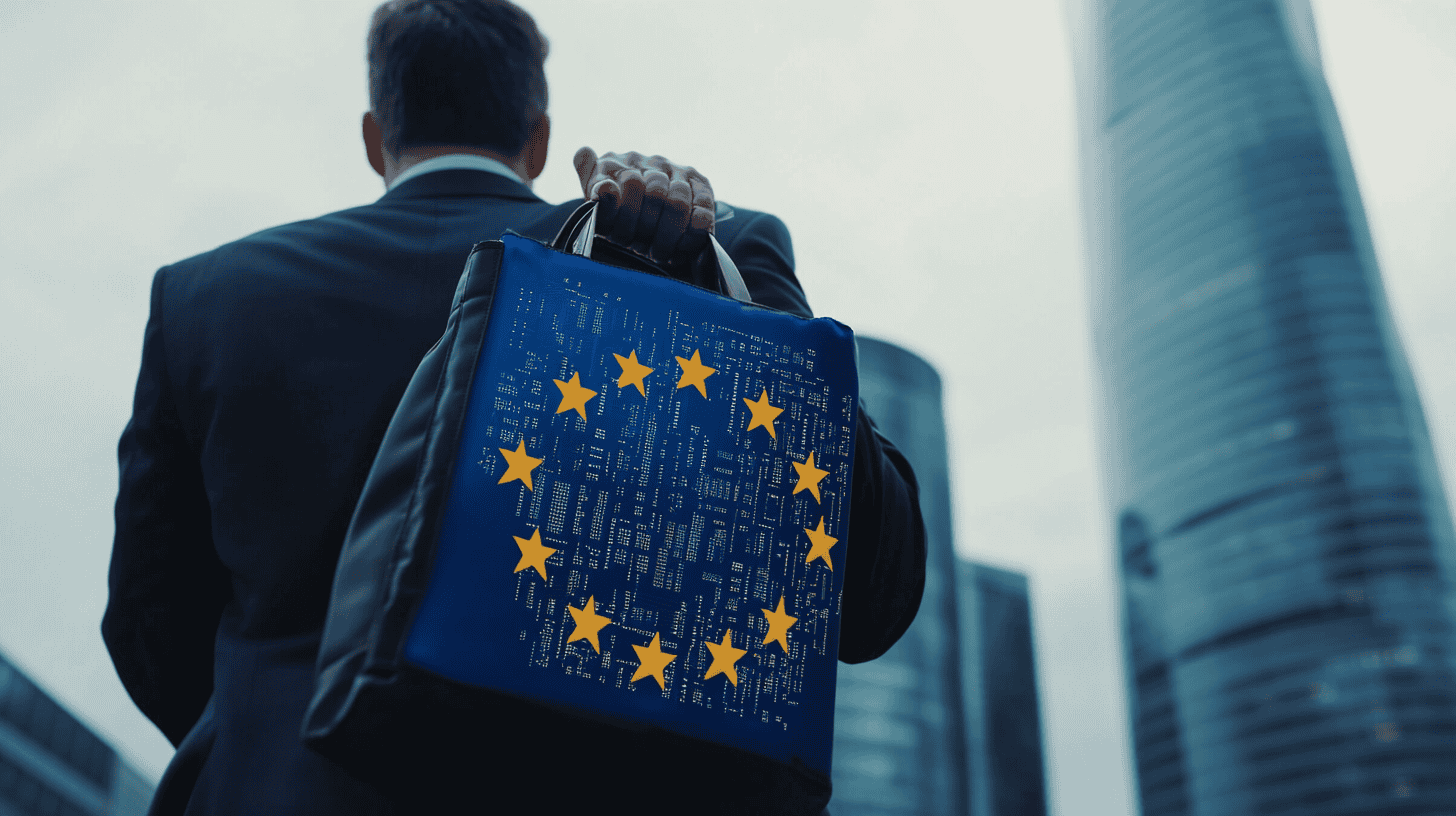
Amazon is facing a landmark antitrust lawsuit brought by the US government and 17 states. The suit alleges that Amazon is abusing its economic dominance and engaging in anticompetitive behaviours, including forcing sellers to purchase its logistics services and listing products at the lowest prices online. FTC Chair Lina Khan, a long-time critic of Amazon’s tactics, is leading the charge. This lawsuit could shape the future of online marketplaces and could have implications for the wider tech industry, particularly in light of the European Union’s new Digital Services Act (DSA). The DSA, which recently came into effect, is set to impose stringent regulations on major platforms, including Amazon, with the aim of ensuring user safety and a level playing field for businesses. The outcome of these initiatives could redefine the digital landscape globally.
- Multiple U.S. states accuse Amazon of unfair competition, risking consequences for e-commerce and Big Tech.
- EU’s Digital Services Act targets major platforms, including Amazon, to ensure online safety.
- Amazon challenges the DSA in court, with global implications for online platforms and content regulation.
The antitrust case against Amazon
In a move that could redefine the boundaries of e-commerce, the US government and 17 states, including Connecticut, Delaware, Maine, Maryland, Massachusetts, Michigan, Minnesota, New Jersey, New Hampshire, New Mexico, Nevada, New York, Oklahoma, Oregon, Pennsylvania, Rhode Island, and Wisconsin, have accused Amazon of abusing its economic dominance and stifling fair competition. The complaint suggests Amazon unfairly promotes its own platform and services over third-party sellers, effectively forcing sellers to shift their business strategies in line with Amazon’s demands.
Amazon is alleged to have mandated sellers to purchase its logistics services and list their products at the lowest prices online, leaving them with little choice but to conform. This has reportedly led to higher prices for consumers and a worse overall customer experience. The complaint also accuses Amazon of manipulating marketplace search results to favour its own products. The consequences of these practices, as described by FTC Chair Lina Khan, are suffocating rivals and leaving a stunted landscape.
Implications for e-commerce and Big Tech
The lawsuit against Amazon follows similar actions against Google and Meta (formerly Facebook) for violating federal antitrust laws. However, this lawsuit is seen as the most significant, as it targets Amazon’s core e-commerce business. The outcome of this litigation could set a precedent for the treatment of monopoly power in the digital era, and may take years to resolve.
Following the news, Amazon’s shares fell 2.7% to $127.79, highlighting the immediate impact of the lawsuit on the company’s market position. The legal action against Amazon is also backed by consumer advocates, including the Athena Coalition, calling for the breakup of Amazon.
The European Union’s stance on Big Tech
Meanwhile, across the Atlantic, the European Union’s Digital Services Act (DSA) has come into effect, targeting major platforms such as Facebook, TikTok, Twitter, YouTube, Instagram, LinkedIn, Pinterest, Snapchat, Amazon, and more. The DSA aims to clean up online content and ensure user safety, imposing strict regulations on platforms with 45 million or more users or 10% of the EU’s population.
Notably, the DSA also addresses the potential harm caused by algorithm-based recommendation systems, requiring tech companies to have the right processes in place to mitigate this risk.
Amazon has since filed a legal challenge to the DSA, asserting that it does not fit the description of a ‘Very Large Online Platform’ under the Act. Amazon argues that if the VLOP designation were to be applied to it and not other large retailers across the EU, it would be unfairly singled out and forced to meet onerous administrative obligations that do not benefit EU consumers.
Regardless of the outcome of Amazon’s challenge against the DSA, the impact of the Act is expected to have a global reach, as platforms like Wikipedia are implementing modifications worldwide.








